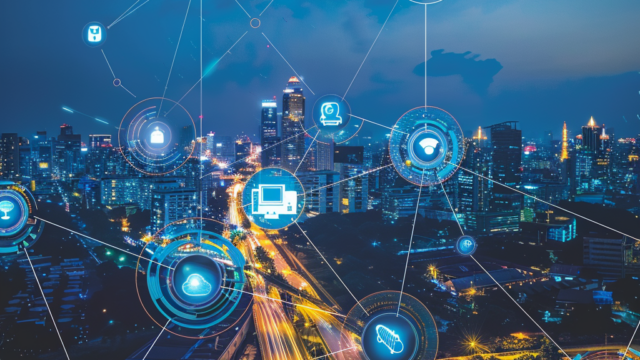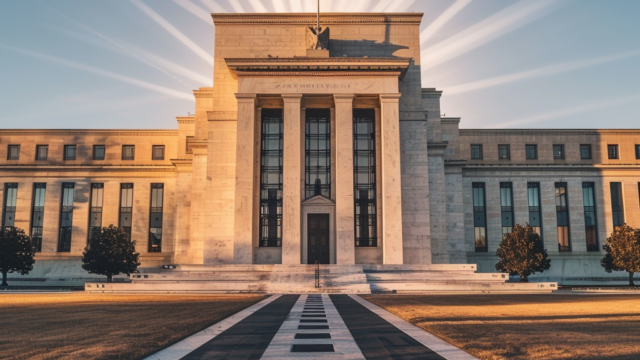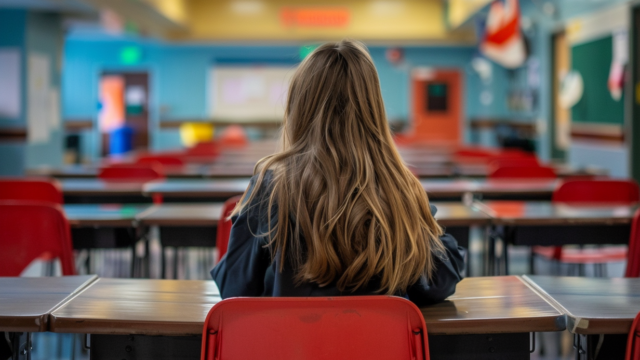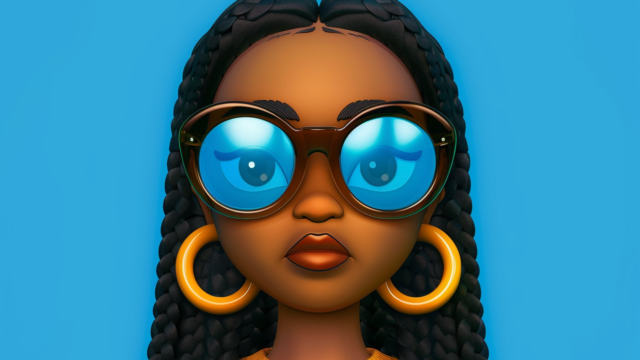
【Microplastics】マイクロプラスチック
Microplastics are tiny plastic particles less than 5 millimeters in size, resulting from the breakdown of larger plastic debris. They are found in oceans, rivers, and even in the air we breathe. These particles come from various sources, including plastic bottles, bags, and synthetic clothing fibers. Microplastics pose a significant threat to marine life, as they can be ingested by fish and other aquatic organisms, leading to health problems. Humans are also affected, as microplastics can enter our bodies through the food chain. Reducing plastic use and improving waste management are crucial steps to mitigate this issue.
マイクロプラスチックとは、5ミリメートル未満の小さなプラスチック粒子で、大きなプラスチックごみが分解された結果として生じます。これらは海洋、川、さらには私たちが呼吸する空気中にも存在します。これらの粒子は、プラスチックボトル、袋、合成繊維の衣類などさまざまなものから発生します。マイクロプラスチックは、魚や他の水生生物が摂取することで健康問題を引き起こし、海洋生物に大きな脅威をもたらします。また、食物連鎖を通じて私たちの体内にも入り込むため、人間にも影響を及ぼします。プラスチックの使用を減らし、廃棄物管理を改善することがこの問題を軽減するために重要です。
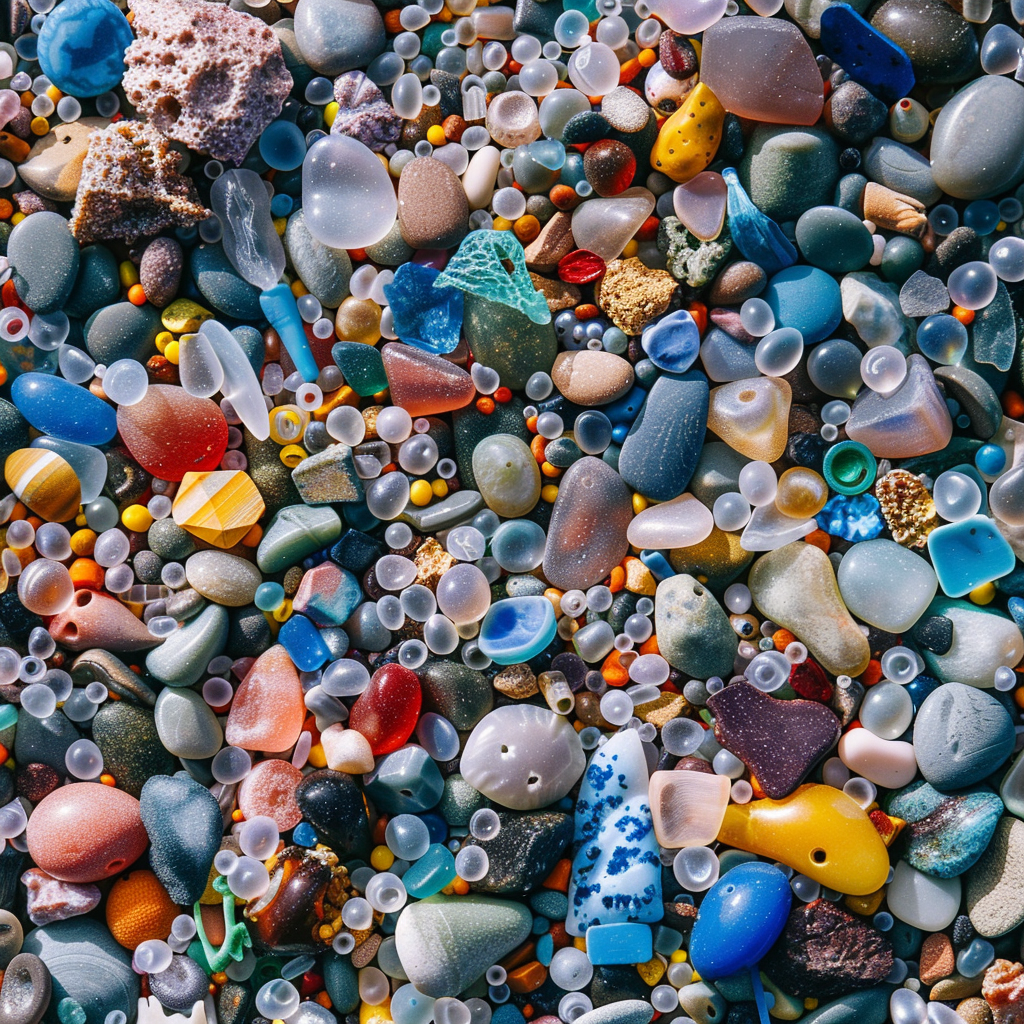
<<Key Terms>>
・Microplastics (マイクロプラスチック) – tiny plastic particles less than 5 millimeters in size 「5ミリメートル未満の小さなプラスチック粒子」
・Breakdown (分解) – the process of something decomposing or breaking into smaller pieces 「何かが分解して小さな部分に分かれる過程」
・Debris (ごみ) – scattered fragments of waste or remains 「散らばった破片や残骸」
・Synthetic fibers (合成繊維) – man-made textile fibers produced from synthetic chemicals 「合成化学物質から製造された人工の繊維」
・Marine life (海洋生物) – organisms that live in the ocean 「海に生息する生物」
・Ingested (摂取される) – taken into the body, usually through eating 「通常、食べることによって体内に取り込まれる」
・Food chain (食物連鎖) – the hierarchical system of organisms each dependent on the next as a source of food 「次の生物を食物源とする生物の階層システム」
・Waste management (廃棄物管理) – the collection, transportation, and disposal of garbage and other waste products 「ごみやその他の廃棄物の収集、運搬、処分」
